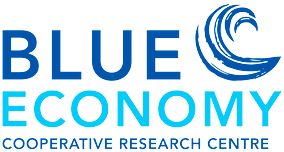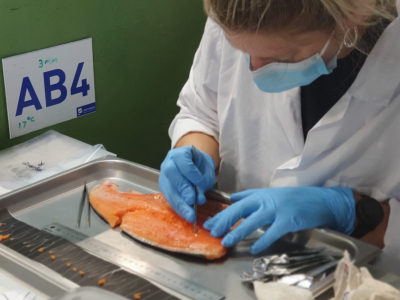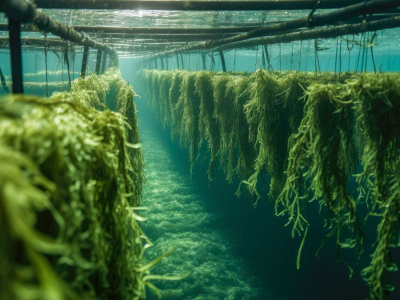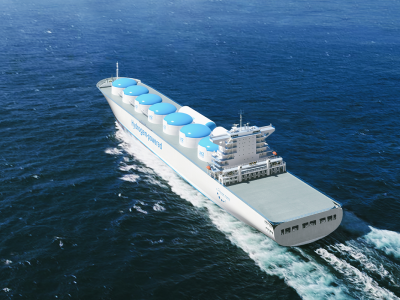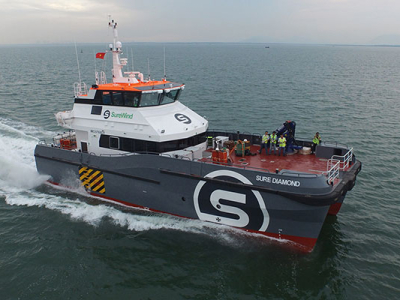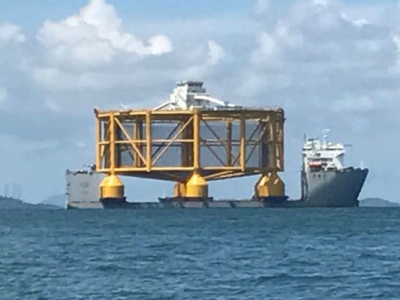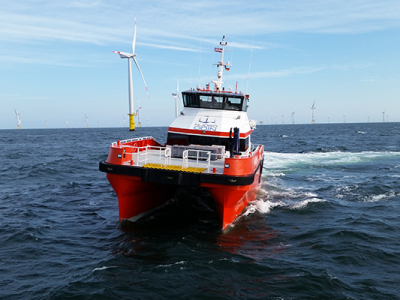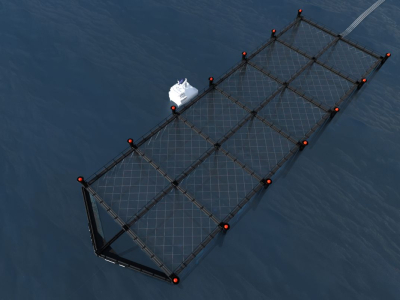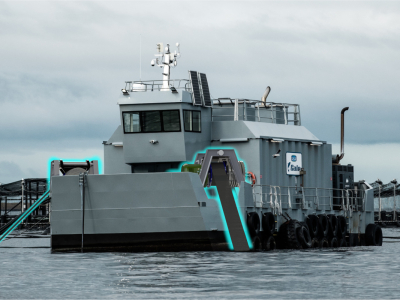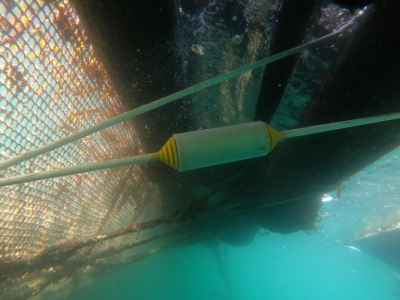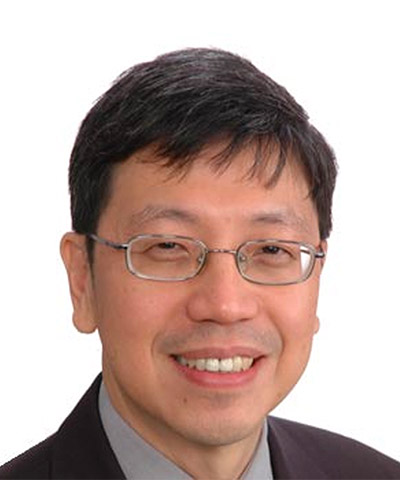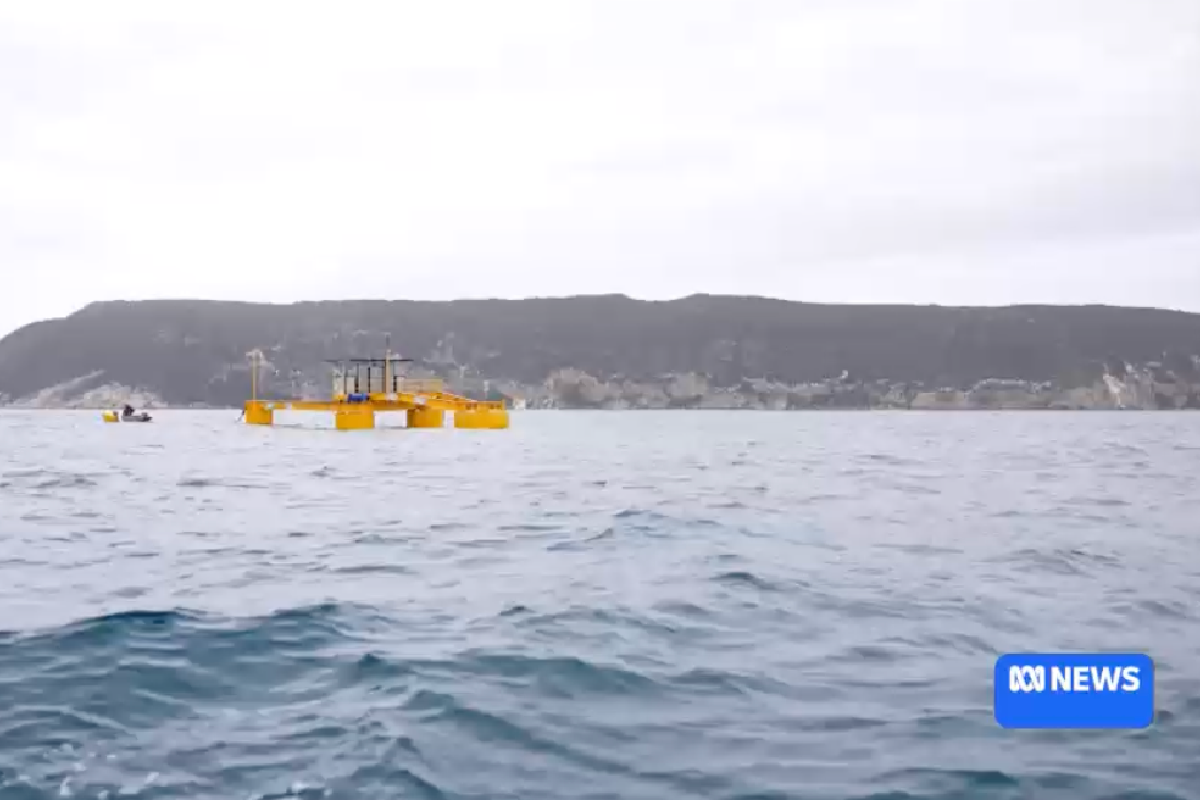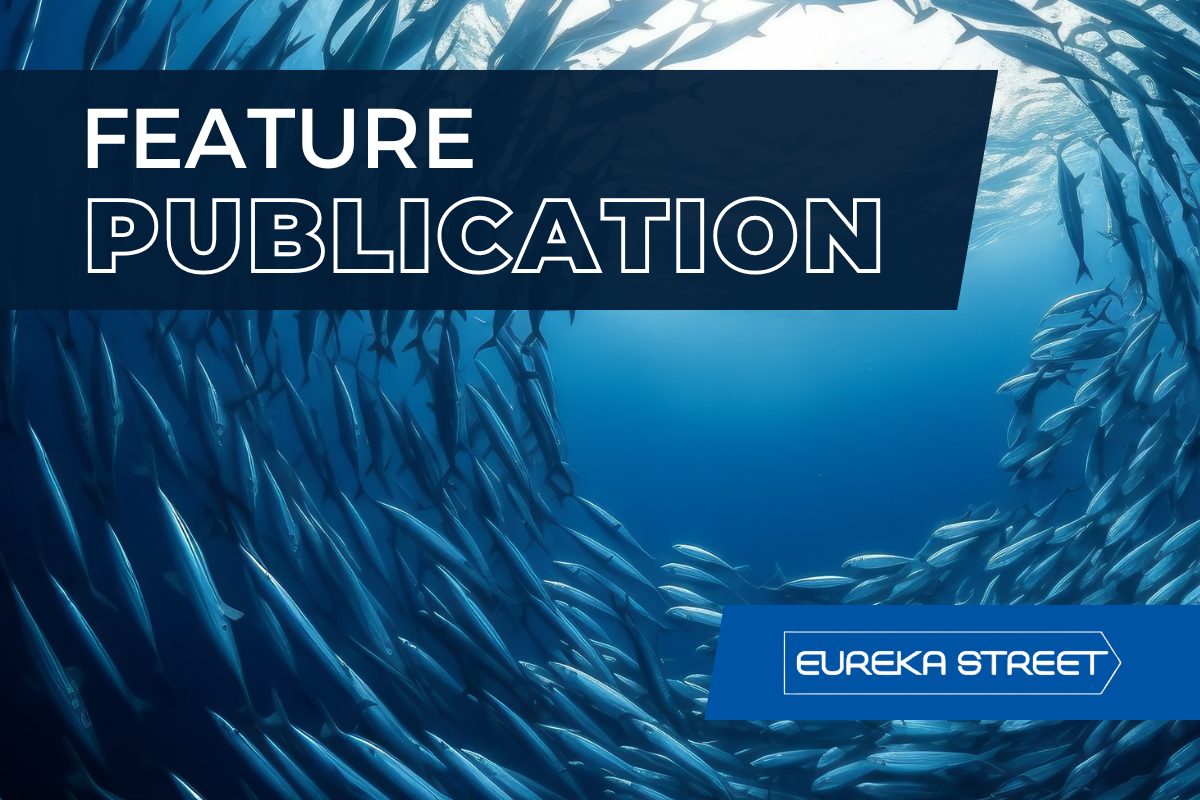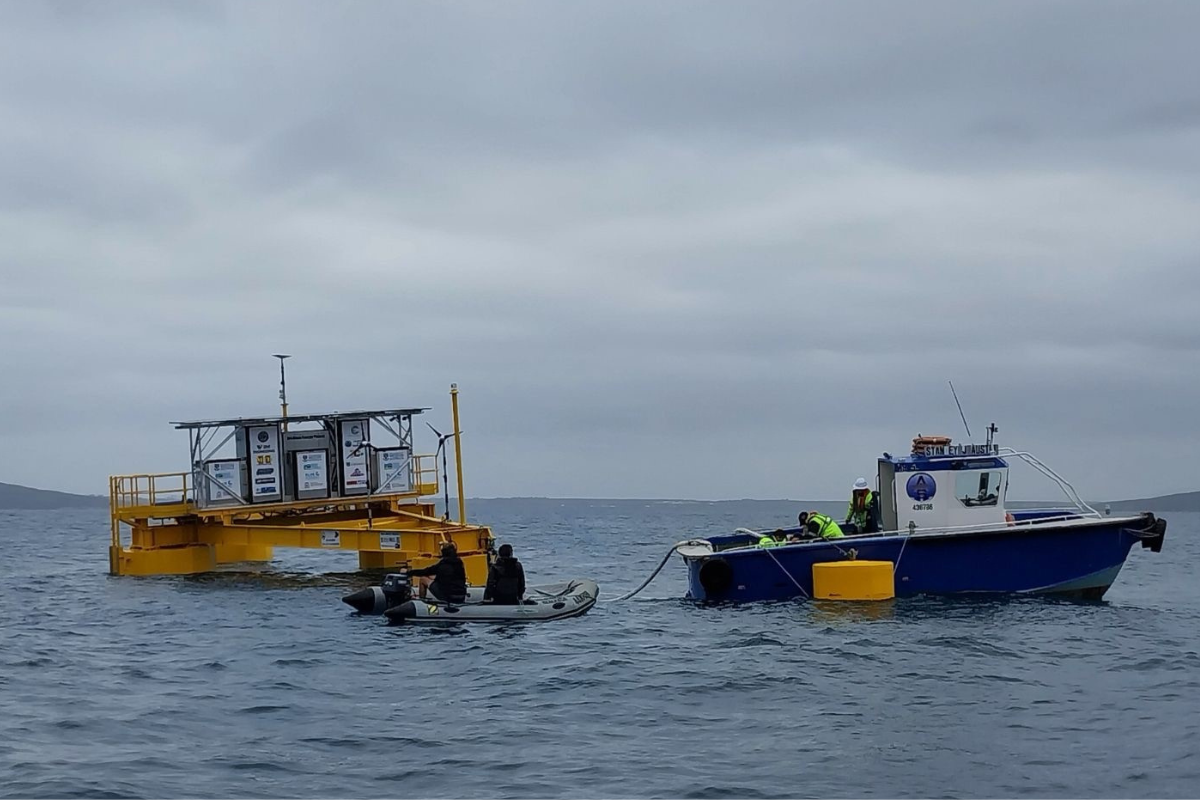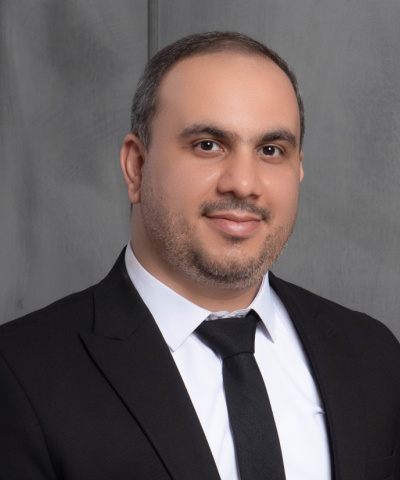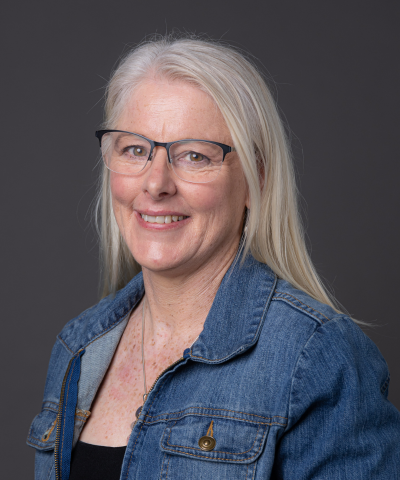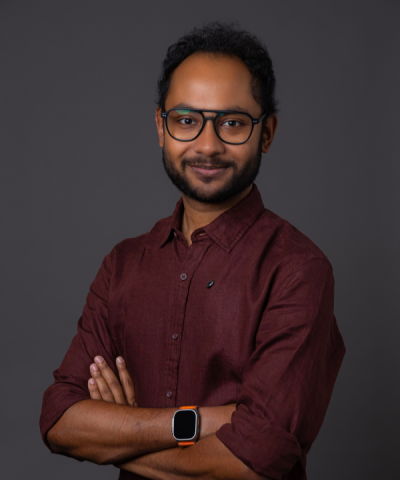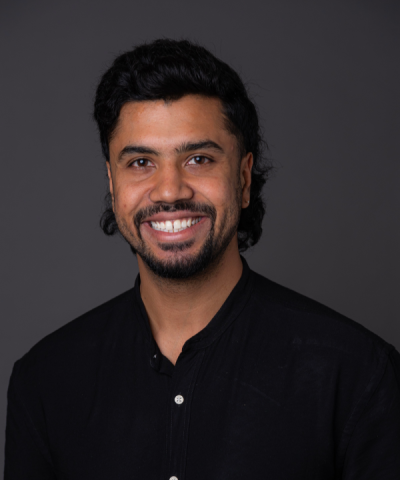Offshore Engineering & Technology
Generating the infrastructure that supports the development of offshore systems
Image courtesy of Tassal
Generating the infrastructure that supports the development of offshore systems
Design of stand‑alone, integrated offshore aquaculture and renewable energy infrastructure.
The Offshore Engineering and Technology program brings together industrial engineering expertise to collaborate with the aquaculture and offshore renewable energy sectors to build the required infrastructure for integrated offshore operations.
Intellectual Property will emerge in the design of sea-pen infrastructure, support systems for operating (e.g. anchoring devices), innovative maintenance technologies (e.g. anti-corrosive or antifouling devices), and monitoring (e.g. advanced materials for longevity and structural reliability; inbuilt sensors in composite materials to detect fatigue in offshore platforms).
Commercial prototypes will be developed for monitoring and maintenance using robotics, artificial intelligence, integrated sensors and real-time visualisation.
CURRENT & PAST PROJECTS
Delivering offshore production systems for energy and aquaculture in a sustainable blue economy, through technological innovation
INTENDED OUTCOMES

Milestone Output 1
Commercialised designs and sub-systems for high-energy offshore aquaculture pens. Outputs include proprietary IP for materials, pen design, mooring systems and manufacturing methods, as well as in-depth performance data from deployment tests. This output also includes the designated design and operation framework covering engineering principles, economic models and operation guidelines, as well as dynamic risk models for lifecycle assessment of offshore structures.
Milestone Output 2
First standardised modular multi-use platform system ready for commercialisation, including IP covering the design, fabrication, deployment, and decommission of the entire system. This output includes the business case for the system, validated performance data from field tests, and design and operation guidelines. Other outputs include new mooring and station keeping systems, design and simulation tools, and guidelines and standards applicable to a broad range of floating offshore platforms.
Milestone Output 3
A demonstrator multi-use offshore platform will be deployed as part of this activity. For the first time, this will allow the realistic investigation of system integration aspects of multi-use platforms, and the quantification of synergistic benefits of multi-use platform operation. For the last 5 years of the Blue Economy CRC, the platform will serve as live test-bed for the real-world testing and co-location of the participants’ systems and CRC outputs.
Milestone Output 4
Development of remote sensors and an autonomous platform that uses aerial, surface, and underwater systems to reduce the operational risks for aquaculture and renewable energy. Strong emphasis will be on sensor integration and cross-platform communication to allow predictive decision making.
PROGRAM STAFF
PhD SCHOLARS
The following PhD Scholars are conducting their research within the Offshore Engineering & Technology research program.
